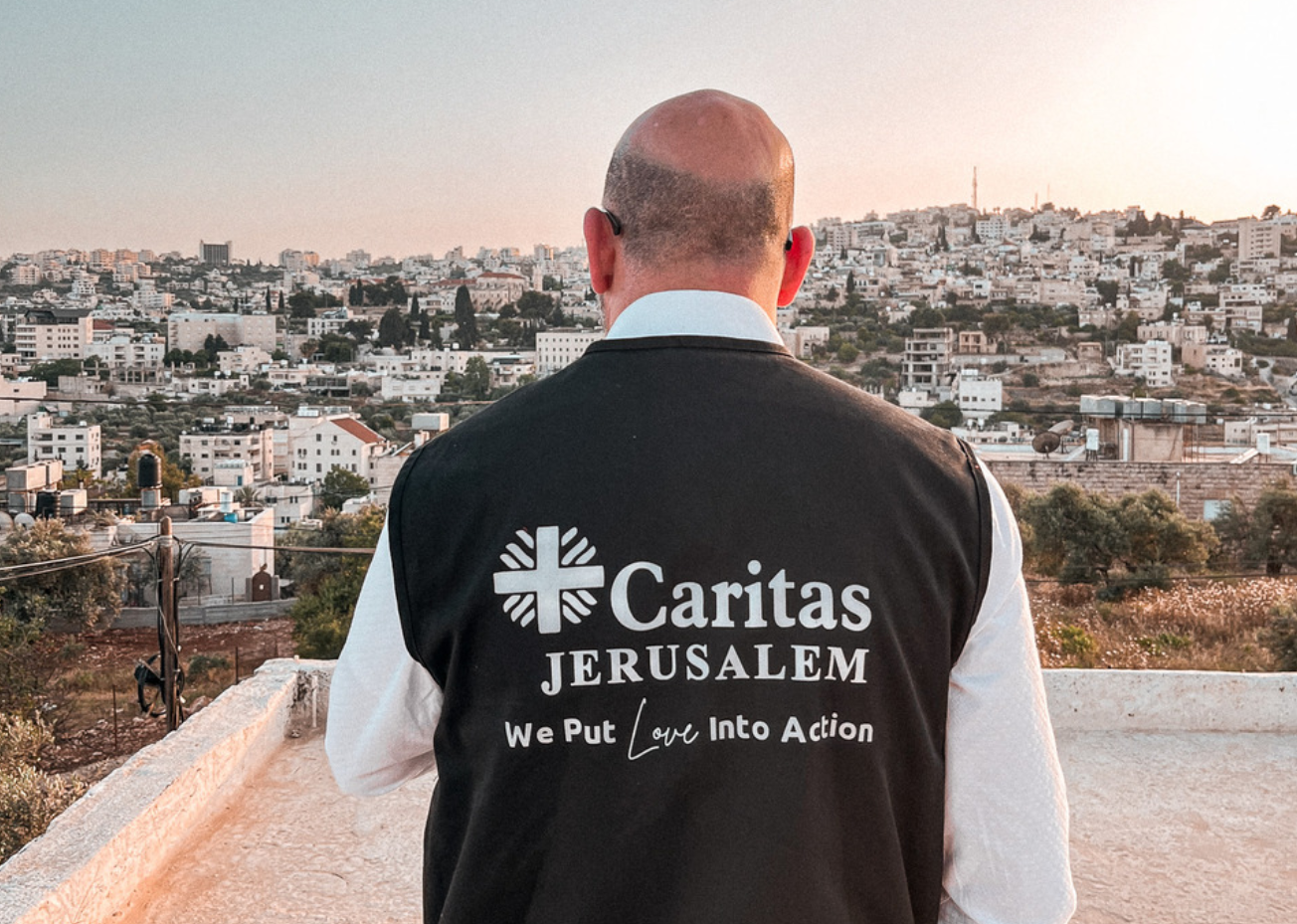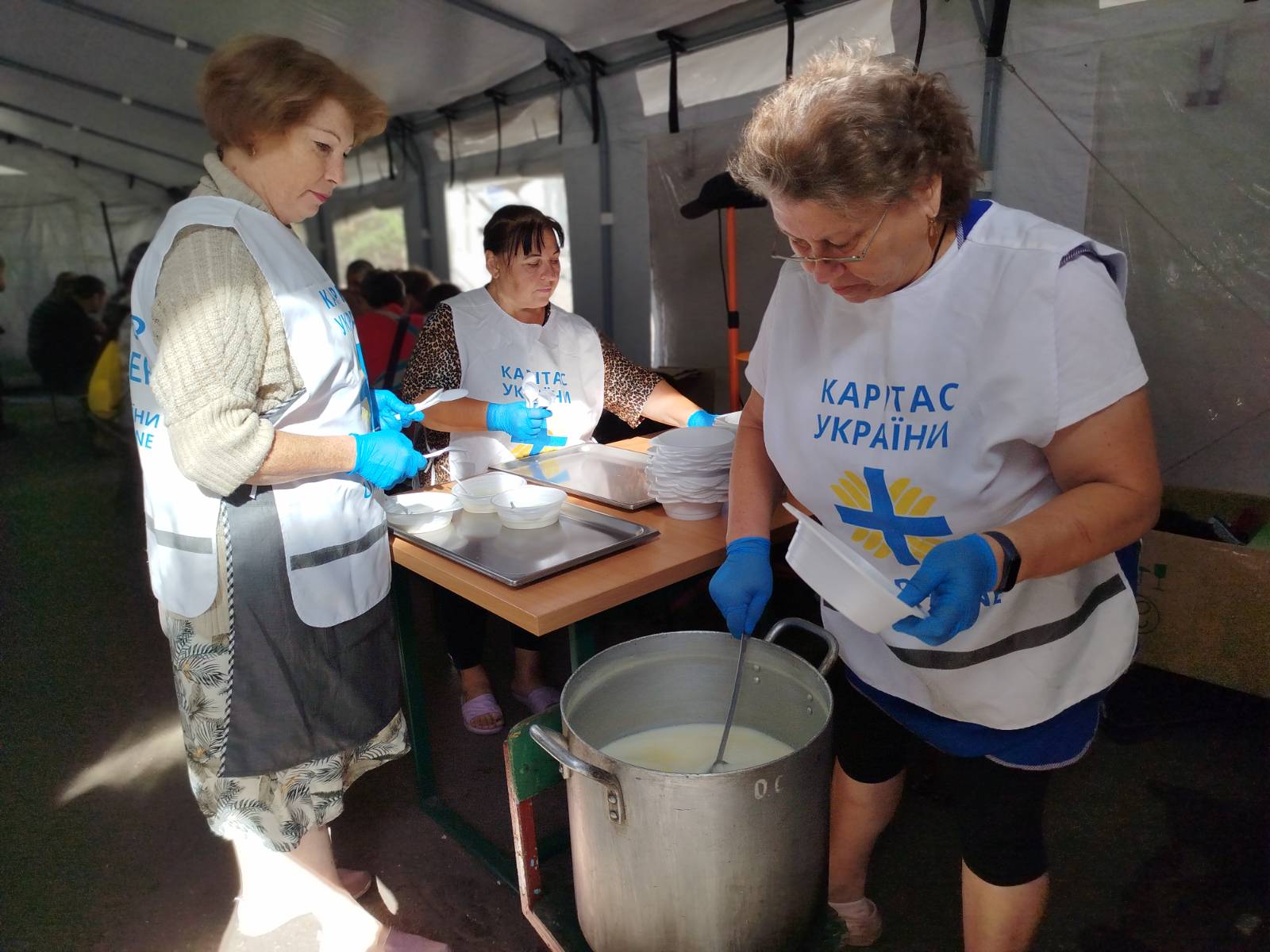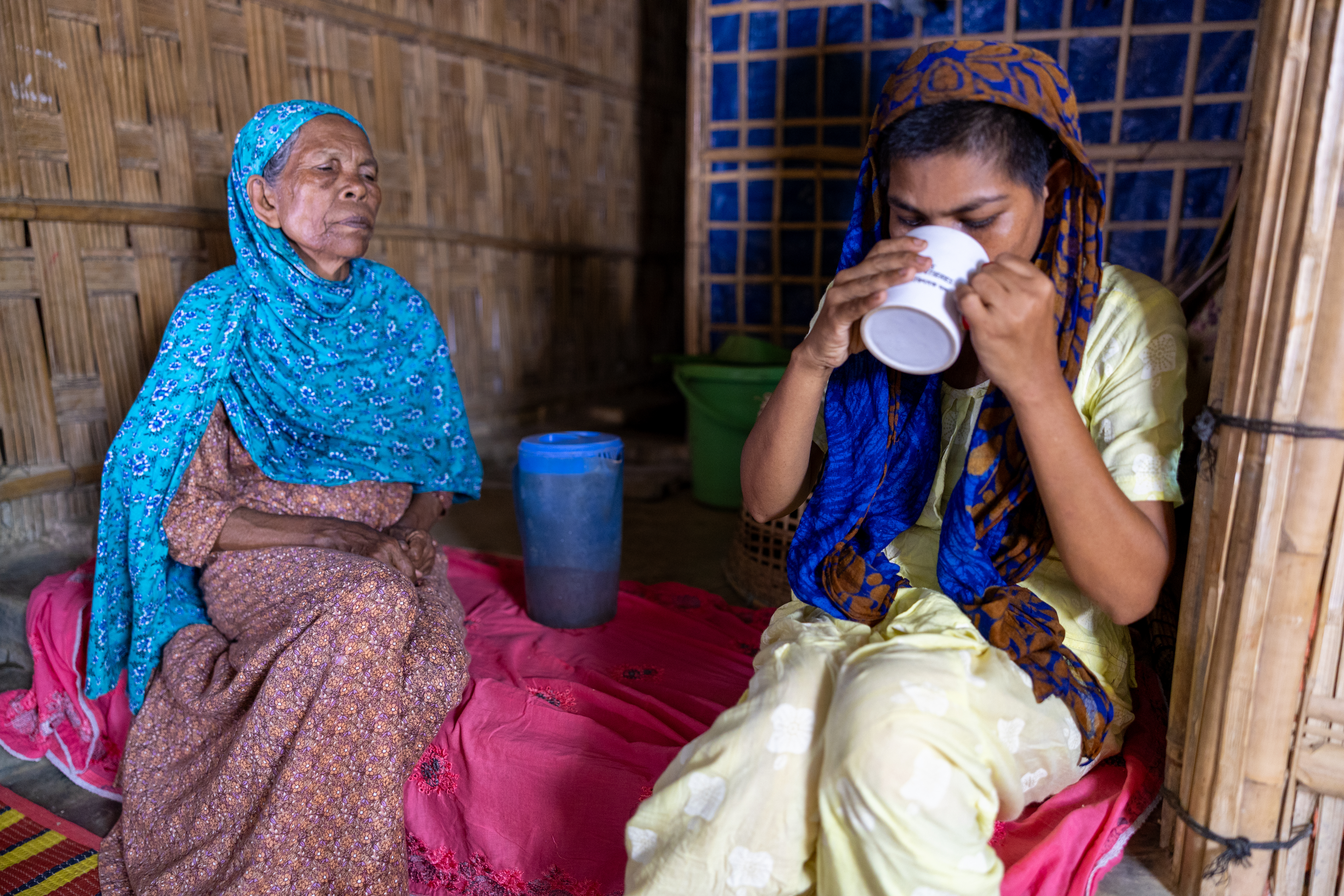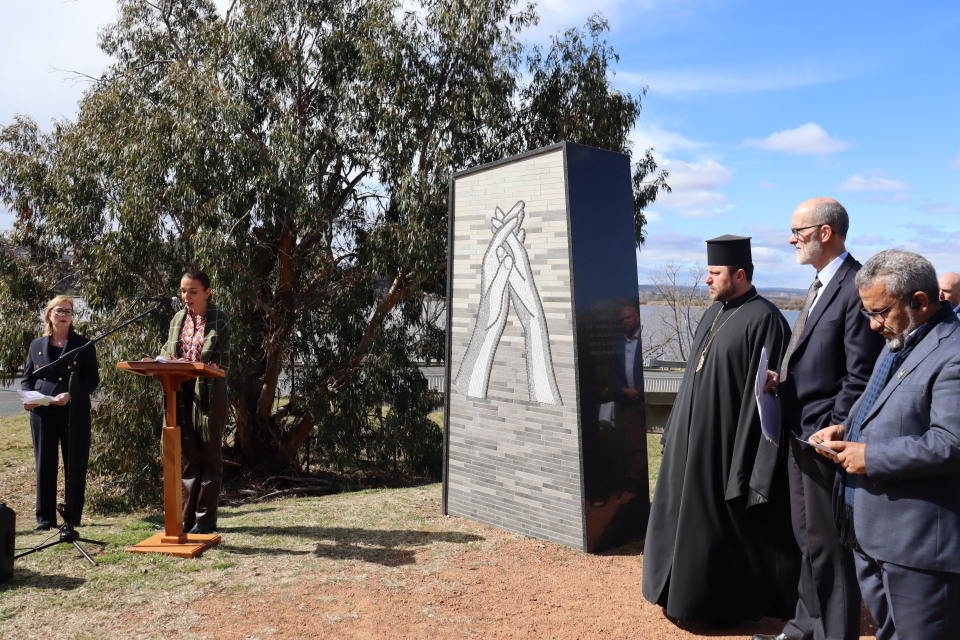As violence escalates across the Middle East, Caritas Jerusalem remains unwavering in its mission to deliver life-saving humanitarian assistance to the region’s most vulnerable, despite mounting risks and operational challenges.
Following a brief pause over the weekend to ensure the safety and security of participants and staff, Caritas Jerusalem has resumed critical services, adapting to severe logistical constraints and ongoing aerial threats.
In the West Bank, a medical centre has reopened, and the hot meal service for elderly and disabled residents is once again operational.
In Gaza, medical services continue at both the main centre and outreach points. However, the ongoing closure of the Kerem Shalom and Rafah crossings has led to severe shortages of food, fuel, and medicine. Caritas teams are working urgently to stretch limited resources while advocating for renewed humanitarian access.
The Caritas Jerusalem headquarters also remains operational, with staff determined “not to let conflict delay essential aid.”
Kirsten Sayers, CEO of Caritas Australia, said: “The delivery of aid at the heart of conflict is a powerful testament to the resilience and compassion of aid workers, and their enduring commitment to human dignity. We are humbled by the dedication of our colleagues, and by the risks they take to protect those in need.”
Over the weekend Pope Leo XIV responded to the escalating conflict by calling for a lasting peace “based on justice, fraternity, and the common good,” urging all nations to pursue reconciliation and solutions that uphold security and dignity for all. Caritas Australia and the wider Caritas confederation also continues to call for peace as well as unhindered humanitarian access to deliver life-saving aid.
“Diplomatic solutions that secure a lasting peace in the region are vital to the survival of some of the world’s most vulnerable people, including women, children, the sick, elderly, and disabled. In the meantime, Caritas continues to provide vital lifelines, by offering medical care, food, and hope amid fear and uncertainty. That work is supported by the compassion of our supporters here in Australia” concluded Kirsten Sayers.

















